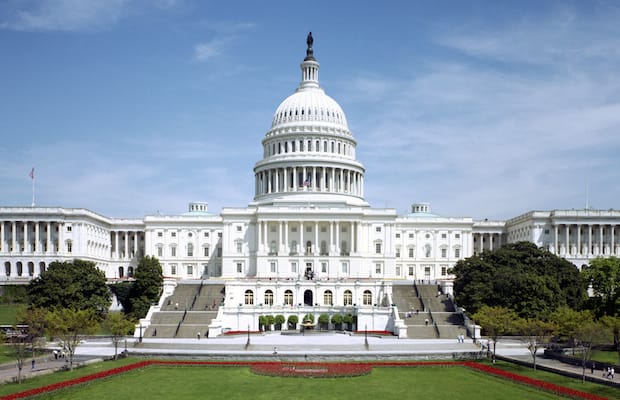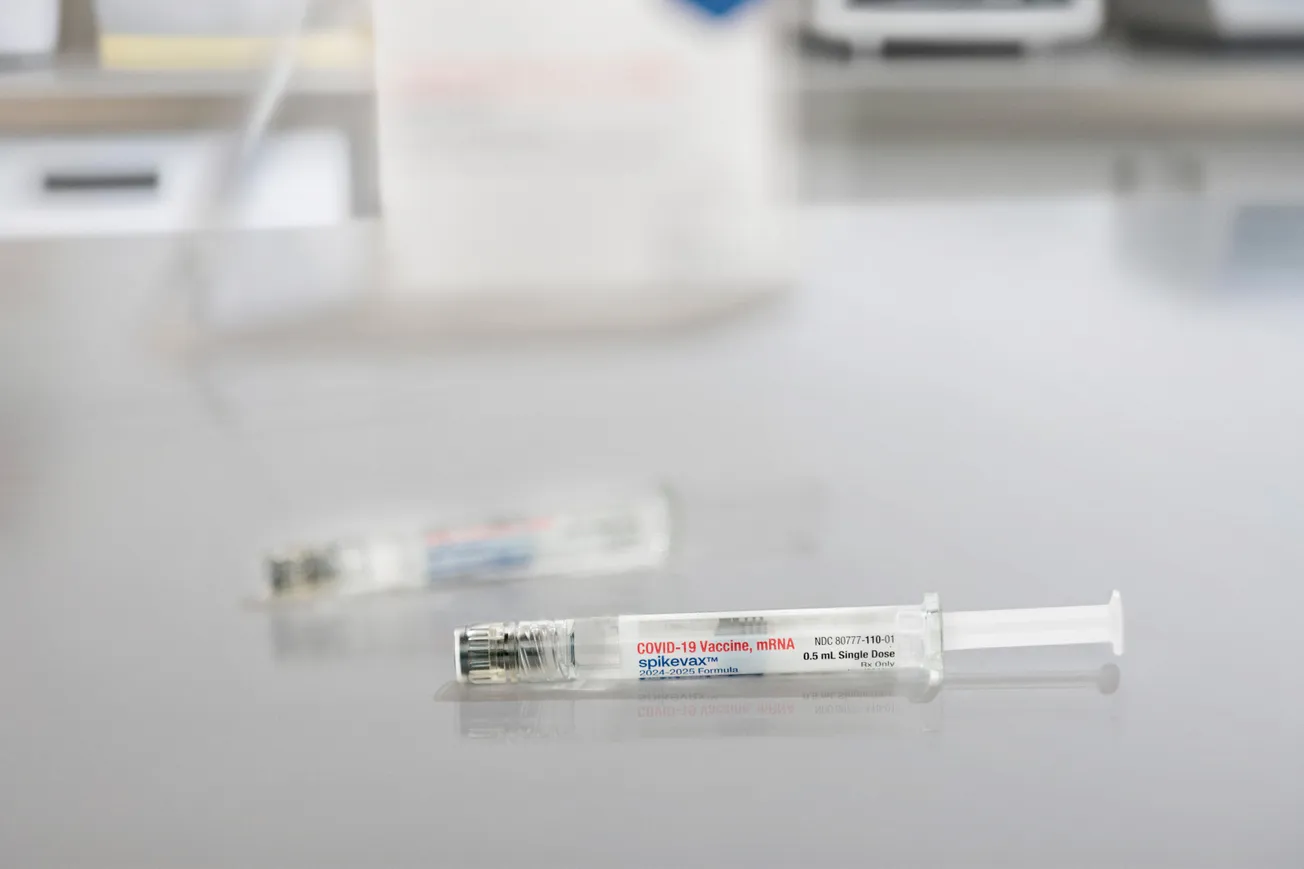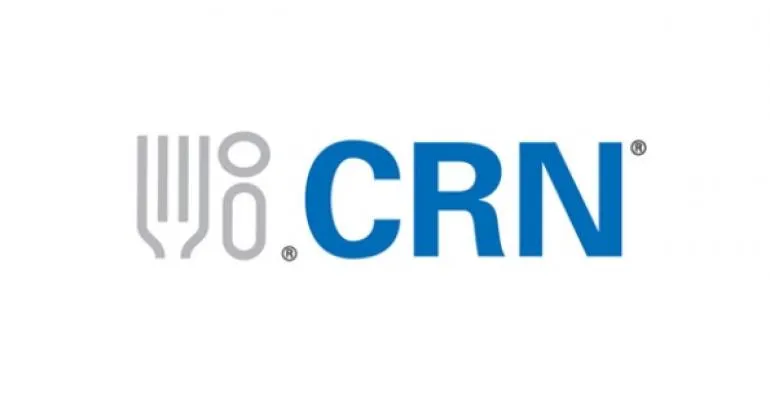ALEXANDRIA, Va. — A group of 99 pharmacy retailers, suppliers and organizations applauded House and Senate lawmakers for introducing legislation to clamp down on retroactive direct and indirect remuneration fees imposed by pharmacy benefit managers in Medicare Part D.

The National Community Pharmacists Association said the pharmacy stakeholders on Monday wrote letters to the House and Senate sponsors and original co-sponsors of S. 3308/H.R. 5951, the Improving Transparency and Accuracy in Medicare Part D Spending Act. The companion bills would raise transparency and accuracy in Part D prescription drug spending and reporting and ban DIR fees applied retroactively.
“Retroactive DIRs, often assessed weeks or even months after a prescription has been filled, prevent pharmacies from knowing at the time of dispensing what their true reimbursement will be for that prescription,” the pharmacy stakeholders wrote in the letters. “Such lag time creates an unnecessary burden on pharmacy operations and makes it very difficult to make decisions for the future.”
NCPA noted that the letter brings together a host of pharmacy providers and partners, including wholesalers, grocery stores, buying groups, regional chain pharmacies, independent pharmacies and franchisees, and 40 state pharmacist associations.
Pharmacy retailers signing the letters included Astrup Drug, Bartell Drugs, Care Pharmacies, Discount Drug Mart, Fruth Pharmacy, Hartig Drug, Hi-School Pharmacy, Hometown Pharmacies, Kinney Drugs, Kmart, Medicine Shoppe/Medicap, Osborn Drugs, Ritzman Pharmacy and Rx Plus. Besides state pharmacy associations, organizations signing the letter included NCPA, the American Pharmacists Association, the Food Marketing Institute and the National Grocers Association, among others.
The letters highlighted that the proposed legislation balances the need to boost transparency and but not costs, according to NCPA. “It successfully achieves greater transparency without raising costs in Medicare Part D while not interfering with the ability of PBMs to create incentive-based payment models that reward pharmacies for achieving contractual-based metrics,” the letters stated.
The signatories also noted that DIR fees not taken into account at the point of sale have an adverse effect on Medicare beneficiaries. “DIR fees that are not accounted for up front inflate drug costs at the pharmacy counter and, therefore, beneficiary cost sharing,” they wrote.
Drug distributors signing the letters included AmerisourceBergen, Dakota Drug, H.D. Smith, Morris & Dickson, Mutual Wholesale Drug, Rochester Drug Cooperative and Value Drug.









